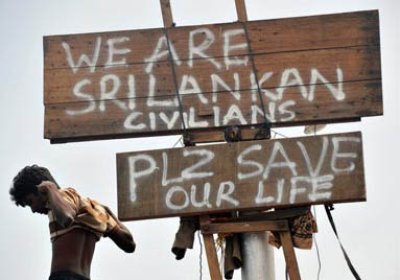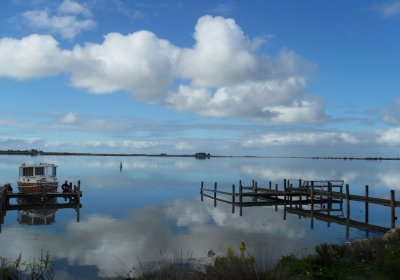Manic Street Preachers
Postcards From a Young Man (Sony, 2010)
From its opening strains, the Manic Street Preachers’ 10th and latest album, Postcards From a Young Man, is clearly the successor not only to 2007’s Send Away The Tigers, but also to their critically acclaimed 1996 success Everything Must Go.
864
In the lead-up to the March NSW elections, the Socialist Alliance will campaign under the slogan: “NSW — not for sale! Community need not corporate greed.” It sums up the radical shift in priorities needed in the interest of environmental sustainability and social justice.
Labor will get trashed in these elections. The Victorian election result confirms that. The Keneally Labor government is much more on the nose than the Victorian Brumby government was.
Sydney is the “sex capital” of Australia, said an article in the November 12 Daily Telegraph, which called the city the “Amsterdam of the South Pacific”.
The article reported recent figures from the Government Interagency Brothels Taskforce that showed 271 legal brothels in the state, as well as claims that “the industry is being infiltrated by organised crime”. The figures, which were labelled “shocking”, were blamed on “dysfunctional planning laws and legislation” by one figure quoted.
“Mum’s dead”. The gloomy faced Sujendran Gunesekaram greeted me, as we met in person for the first time. His mother died of a heart attack on September 5, after suffering for three years.
Sujendran is a 27-year-old Sri Lankan Tamil originally from Muttur in Trincomalee, the war-hit town in the east. He was one of 254 asylum seekers on the Australia-bound boat Jeya Lestari that moored off at the port in Merak, Indonesia in October 2009.
One of the most vital features of the Bolivarian revolution underway in Venezuela is the development by workers and their organisations of different forms of workers’ control in their workplaces and communities.
The increasing participation and control by workers is taking place at the same time as hundreds of companies have been nationalised.
The launch of the community guide to the draft Murray Darling Basin Plan marks the latest step in the largely bipartisan process of water reform that started with the Council of Australian Governments (COAG) reforms of 1994.
It also graphically displays the risks inherent in the increasingly centralised, Commonwealth-driven approach to water planning that developed under the Howard government and has intensified since.
It’s that time of the year again. It’s the festival of festivals to boost the profits of giant retail stores. The “Spirit of Christmas” demands to be fed with your maxed out credit card.
There’s a new desperation to this seasonal message this year. The shoppers are not splurging like they should.
A recent Westpac survey found that consumers would spend 34% less in 2010 than in 2009.
The Republic of Ireland’s financial crisis, which has caused unemployment to rise from 4.3% in 2006 to 14.1% in October, has deep roots.
The conditions of the European Central Bank (ECB)/International Monetary Fund (IMF) “bailout” package for the Irish government will total €85 billion — at a higher interest rate than that tied to the Greek bailout in May. It is tied to the Irish government carrying out huge government spending cuts, tax rises for workers and wage cuts for public sector employees.
Irish workers are being told to pay for a crisis they did not cause.
“Nature is our home and is the system of which we form a part, and therefore it has infinite value, but it does not have a price and is not for sale” said a November 3-5 meeting of the Bolivarian Alliance for the Americas (ALBA) nations of Venezuela, Bolivia, Cuba, Ecuador and Nicaragua.
The meeting rejected the privatisation of nature, in which “nature is seen as ‘capital’ for producing tradable environmental goods and services … and assigned a price so that they can be commercialised with the purpose of obtaining profits”.
Those who counselled against holding a national election in Haiti in the midst of a catastrophic humanitarian crisis will take no comfort in the debacle it became.
Our thoughts rest squarely with the tens of thousands of people afflicted with cholera, or the hundreds of thousands of earthquake victims still without shelter, clean water and hope. How much suffering could have been alleviated with the tens of million of dollars spent on a wasted electoral exercise?
- Previous page
- Page 4
- Next page









